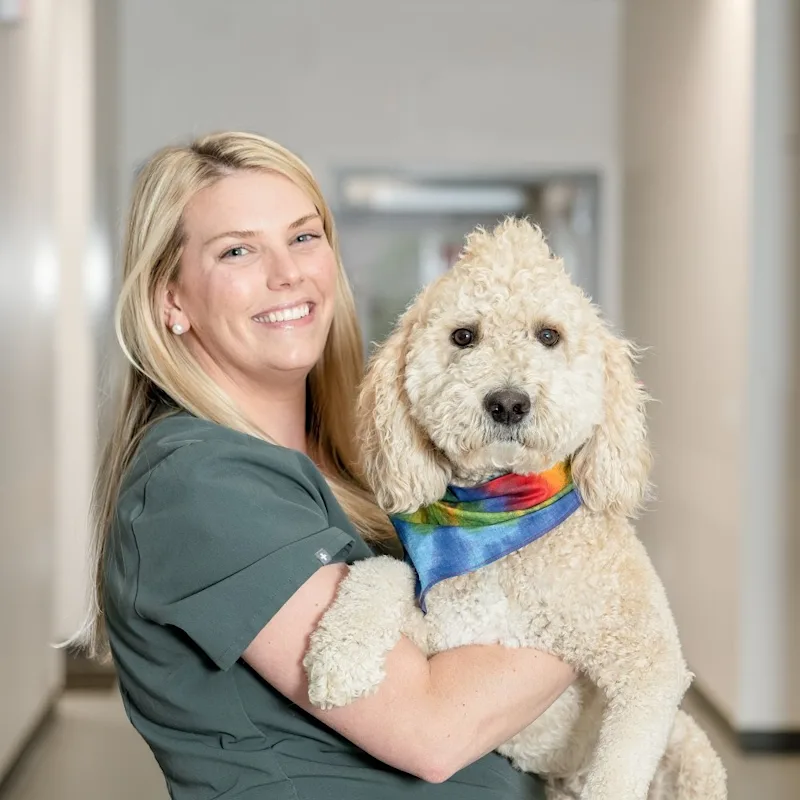Colorado Animal Specialty & Emergency (CASE)


It can feel scary to learn that your pet has been diagnosed with cancer, but it’s important to know that treatment options are available and they can improve quality and length of life, and in some cases offer a cure.
ONCOLOGY
The treatments used for cancer therapy in pets are very similar to those used in humans, including surgery, chemotherapy, and radiation therapy. It’s also comforting to know that the side effects of such treatments in pets, especially chemotherapy, are very different from those that humans experience. Although many of the drugs are the same, pets tend to respond well to therapy at the dosage and schedules used in veterinary oncology. Less than 20% of pets receiving chemotherapy show any clinical signs whatsoever, and most of those that do have minor symptoms that can be managed with medication. Our goal is quality of life above all else.
The Pet Cancer Center at CASE offers surgical, immunotherapy, chemotherapy, and electrochemotherapy options under the guidance of a board-certified medical oncologist to target your pet’s cancer. We also have an assortment of clinical trials to aid in financial compensation as well as novel treatment options. Depending on your pet’s diagnosis, we may recommend any combination of these therapies to help get him or her back to living a comfortable life. We will always provide you with education and information you need to make an informed decision about your pet’s health, and will answer any questions you may have about your pet’s diagnosis. No matter what your time constraints or financial constraints we are here to help you through this uncertain time.
Perhaps the most important factor in successful cancer treatment is early detection, which is why it is important to keep close attention to your pet for early warning signs of cancer and to bring him or her to a family veterinarian for regular check-up examinations. Be sure to report any changes in your pet to his or her veterinarian and, if anything looks like it might be a sign of cancer, your veterinarian will recommend that your pet see a veterinary oncologist for further evaluation. From diagnosis to treatment and beyond, we are here to provide the support and care you and your pet need throughout his or her cancer recovery.





